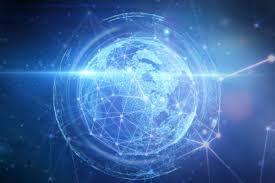Web3, also known as the decentralized web, is taking the world towards a more decentralized and democratized version of the internet. The current version of the internet, known as Web2, is largely controlled by a handful of large corporations and centralized entities. This has led to concerns about issues such as censorship, data privacy, and the concentration of power in the hands of a few.
Web3, on the other hand, is built on decentralized technologies such as blockchain and distributed ledger technology. These technologies enable users to interact with each other and with applications in a trustless and secure manner, without the need for intermediaries.
Web3 is expected to enable a wide range of new applications and services, including decentralized finance (DeFi), peer-to-peer marketplaces, decentralized social media, and more. It has the potential to transform many industries and enable new forms of collaboration and innovation.
However, there are also challenges and risks associated with Web3, including issues around scalability, interoperability, and regulation. As Web3 continues to develop, it will be important for stakeholders to work together to address these challenges and ensure that the benefits of decentralization are realized in a responsible and sustainable manner.
.jpg)
One potential problem with Web3 is it could be taken over by the venture capitalists in the same way that Web2 has.
I agree with you on that when you said "One potential problem with Web3 is it could be taken over by the venture capitalists".